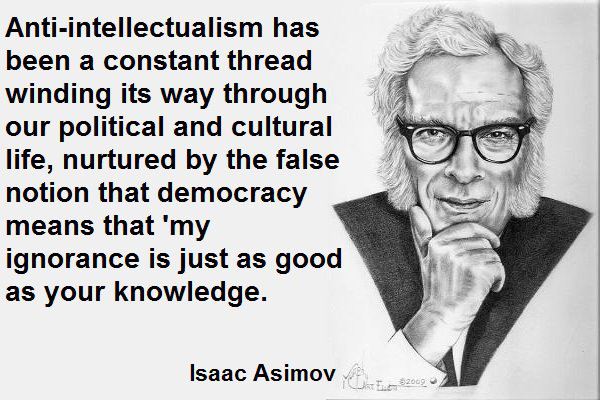I think it's necessary to distinguish between the more exact physical sciences (physics, chemistry) from the physical sciences that involve larger, more complex, complicated and/or chaotic systems (geology, meteorology, biochemistry), and from the social sciences, which deal with very complex, complicated and/or chaotic systems.
Example: my own field of social science--organizational science, specifically the theory of motivation. There are literally dozens of viable theories of motivation, rooted in several major theories of human behavior. Some are better at explaining observed human behavior under at least some conditions than other theories, but none can really be said to be "right" or "wrong," as none can explain all of observed human behavior in all situations. Even for scientists in the field, the choice of which theory is "right" can be attacked or defended with good reason.

